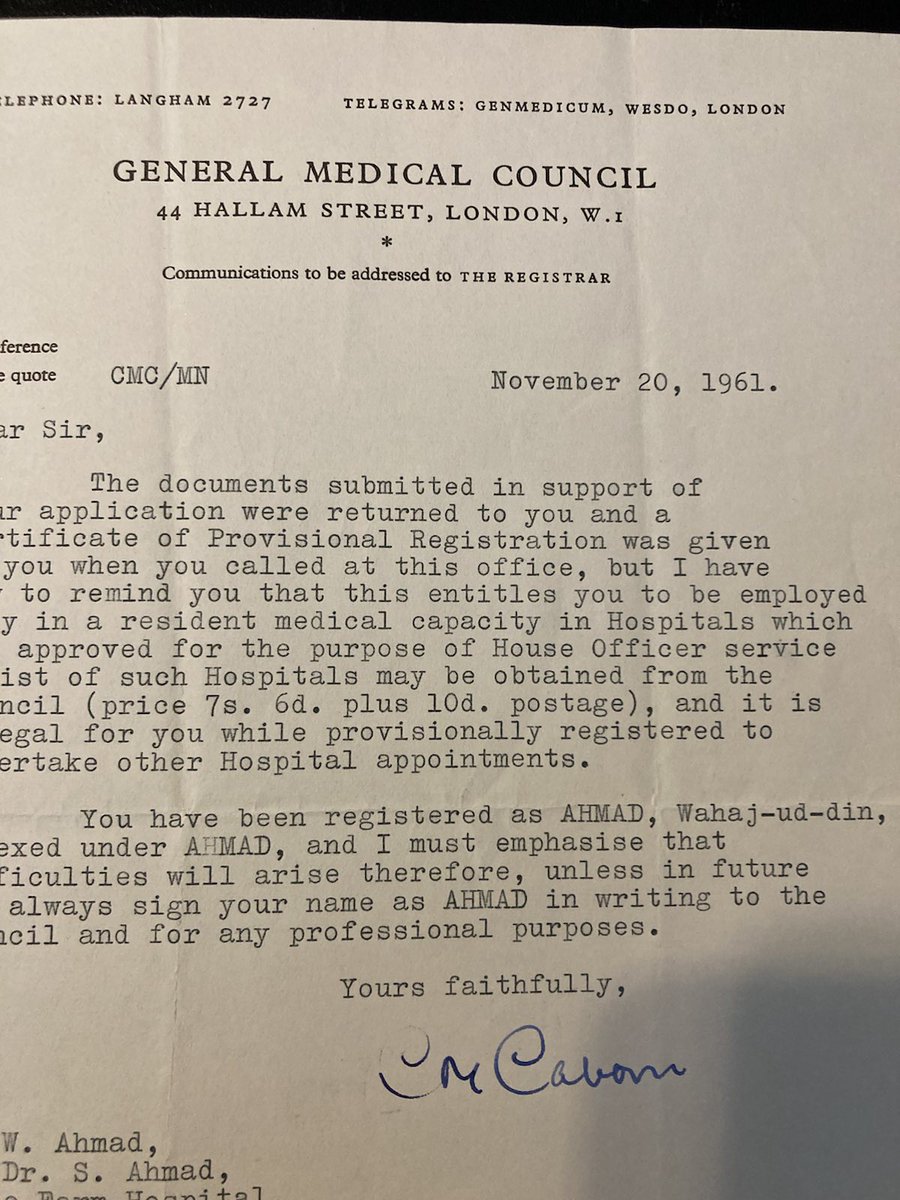
White supremacy front group asks how immigration helps black people.
It's a bullshit question. Here's why.
It's a bullshit question. Here's why.
https://twitter.com/PFIRorg/status/1466963661294305280
It assumes immigration is a monolithic Thing that is either good or bad.
The reality is that immigration is a necessity, a lifeblood. It is freedom of movement.
The reality is that immigration is a necessity, a lifeblood. It is freedom of movement.
It assumes - as white supremacists do - that America is a pie that needs to be divided, and these folks think they should get their slice first.
America is a kitchen that can bake pies for everyone. We just need the ingredients (people) and recipe (law.)
America is a kitchen that can bake pies for everyone. We just need the ingredients (people) and recipe (law.)
It pits black people against immigrants. And divides black people into "ADOS" vs black Africans, Afro-Carribean, and Afro-Latino communities.
Why divide? To conquer, of course.
Why divide? To conquer, of course.
John Tanton, mastermind behind the anti-immigrant movement, knew this well. It's been a part of the white supremacy playbook for centuries. The British did it in my ancestral homeland in South Asia. It happened here in America.
So, the question is not whether "immigration" ever helped black people.
It's "how can we use immigration to dismantle white supremacy?"
Join me if you wanna talk.
It's "how can we use immigration to dismantle white supremacy?"
Join me if you wanna talk.
• • •
Missing some Tweet in this thread? You can try to
force a refresh





